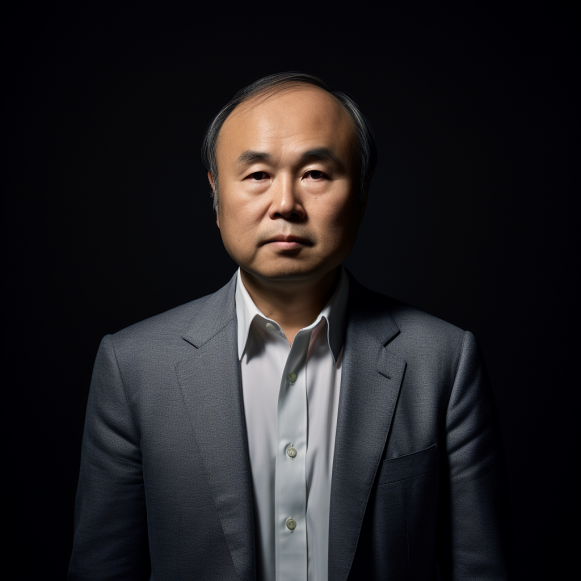Duolingo CEO explains his approach to ‘founder mode’ — and what happens when executives disagree

Duolingo CEO Luis von Ahn.
Amid the wider debate in Silicon Valley about how a CEO should run their company, Duolingo’s chief executive is siding with a data-driven approach to founder mode.
He’s also confident that his leadership team at the language-learning firm is capable of the founder-mode management style.
In an interview on The Verge’s “Decoder” podcast, Duolingo CEO and cofounder Luis von Ahn said that while he has a “view of everything” at the company, other executives, such as vice president of product management Cem Kansu and chief design officer Ryan Sims, do as well.
“Yes, I am in that mode, but we have a number of people who could probably play that role as well,” von Ahn said when asked about founder mode.
The tech industry’s latest debate on management styles was first sparked in September after Paul Graham, investor and founding partner of the startup accelerator Y Combinator, published an essay titled “Founder Mode” that sparked debate across the tech industry.
Graham, who said he was inspired by Airbnb’s cofounder and CEO Brian Chesky, argued that companies should be run with a hands-on approach rather than delegating tasks to direct reports.
He described it as a way to run a company that involves being highly hands-on rather than delegating to a small number of direct reports and isolating executives via administrative tiers — or “manager mode.”
Von Ahn, who cofounded Duolingo in 2011, said that when disagreements occur between the three executives, he goes by the saying, “If we’re going to go by opinion, let’s go by mine.”
“Generally, when we have disagreements, I see how deeply they believe in their thing, and sometimes I just disagree and commit,” he said. “But if we believe with equal strength on something, I will just go with my thing.”
While this my-way-or-the-highway approach feels very indicative of founder mode, arguments rarely happen between the three executives, von Ahn said in the interview.
Von Ahn said that since Duolingo is a very “metrics-based company,” the majority of decisions rely on data rather than opinion.
“If we run an A/B test and the metrics say something, my opinion doesn’t matter all that much unless it’s something that we think is really like a dark pattern or something,” he said.
Duolingo did not immediately respond to a request for comment from B-17
Von Ahn also said in the interview Kansu and Sims, who have been with the company for eight and six years, respectively, have worked with him for so long that they’re all “pretty aligned on everything.”
“But generally, my opinion or their opinion doesn’t matter all that much,” he said.






